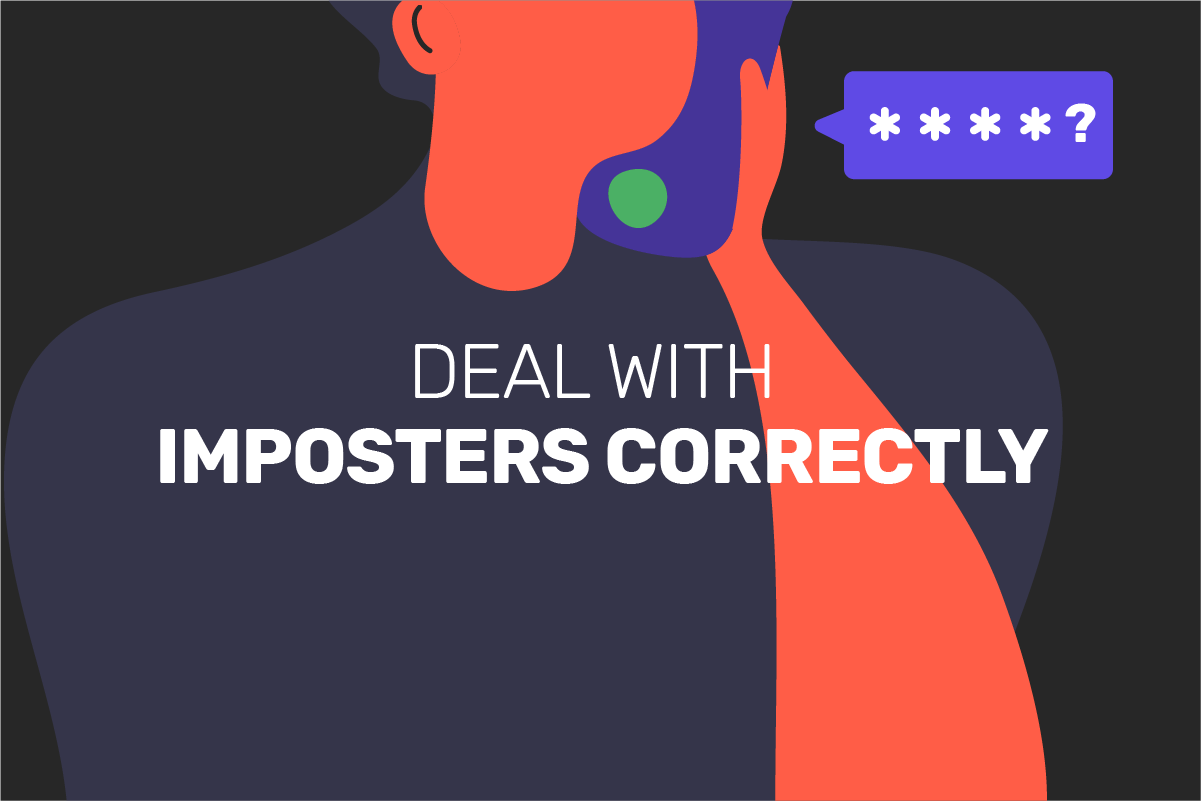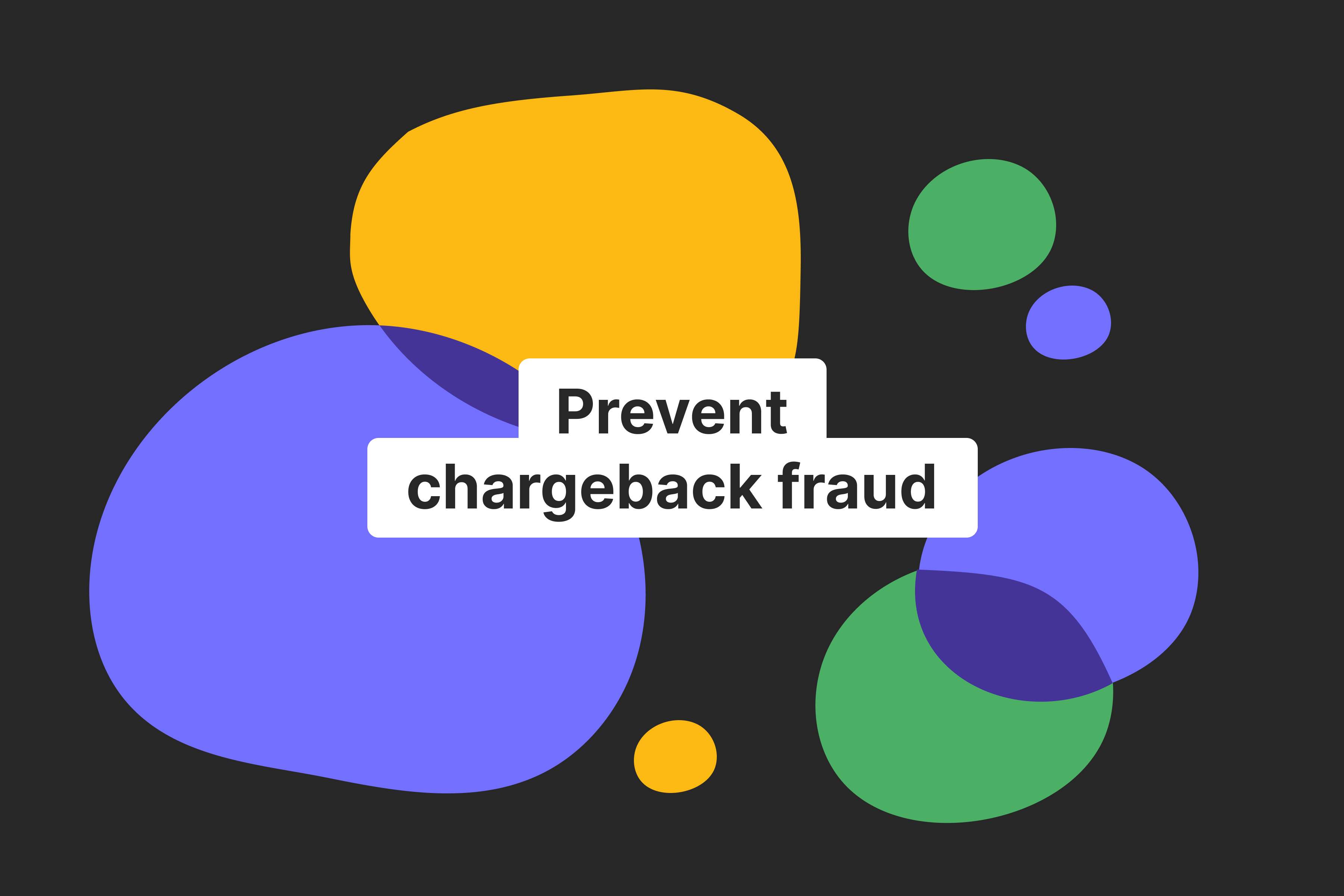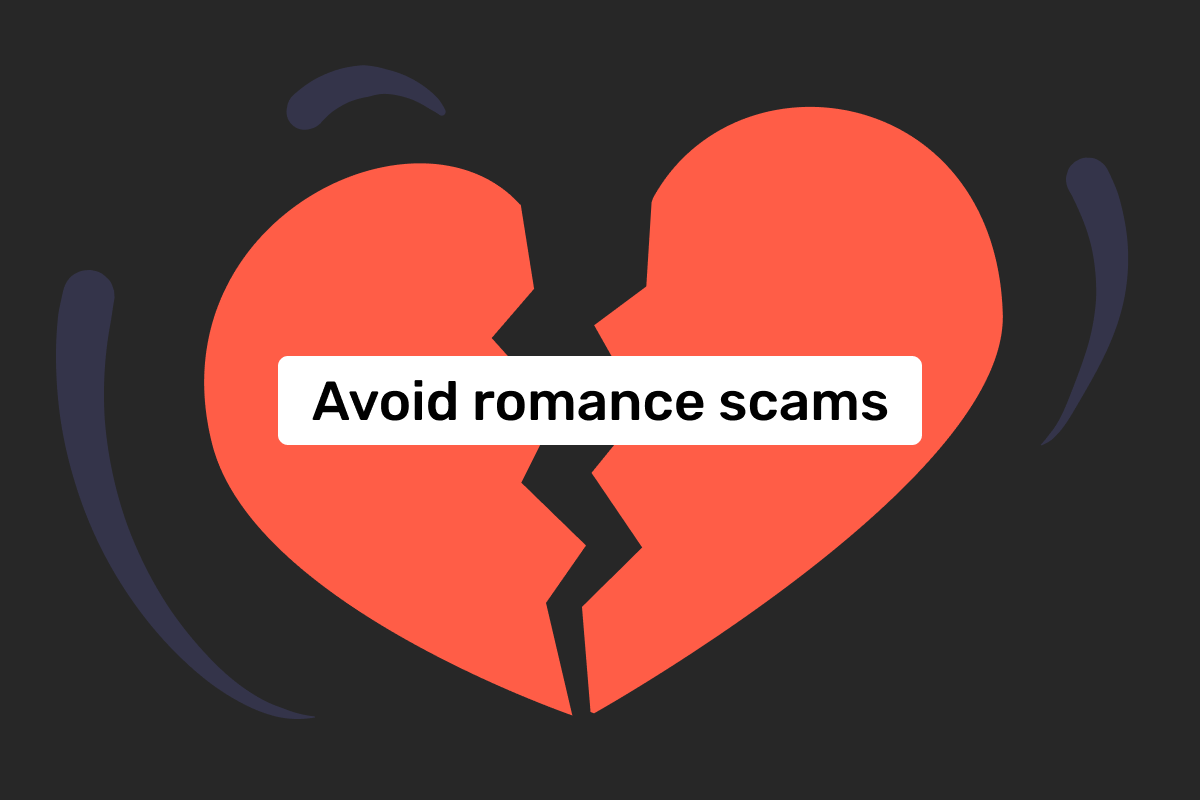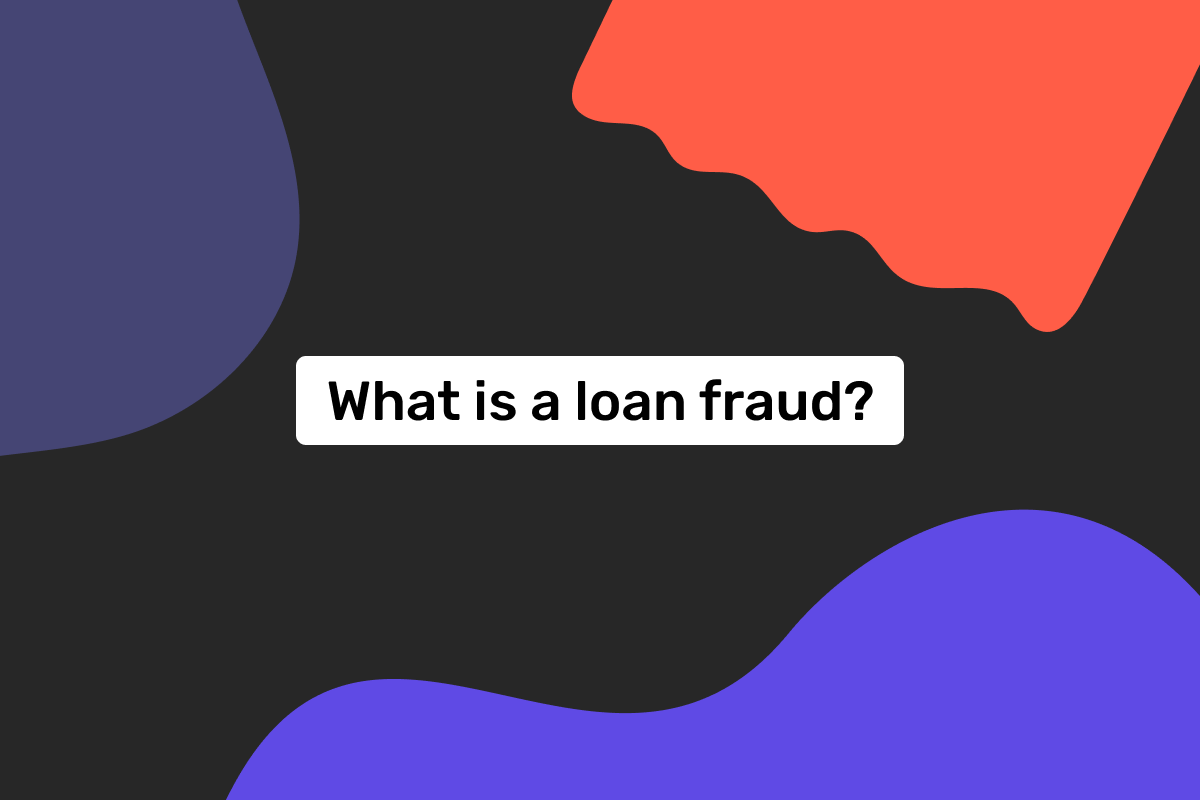Unfortunately, bank scams are something that people have been dealing with for decades: the general premise stays the same, but fraudsters tend to switch scenarios to adjust to the topical events.
Thus, this year there have been reports of scammers using the panic caused by the pandemic to their advantage. For instance, American households were targeted with phone calls offering relief payments on the behalf of governmental institutions and fraudsters were wheedling out people’s bank account data in the process.
Lots of European countries also faced scammers, with over 400% increase of coronavirus-related fraud claims in the UK in March. In this blog post, we will focus primarily on how to detect and handle phone scammers that are after your financial data.
Telephone banking fraud detection
First and foremost, Genome’s team members will never call you and ask your payment data like account login info, card details, Smart-ID codes, etc.
There are also other scenarios the scammers use to steal money. They can pretend to be representatives of your country’s governmental organization or a charity foundation and offer you relief payments in these uncertain times.
If they start asking you for personal information it’s the first red flag – if you or your company are eligible for the payment, the organization should already know this information, especially if you sent the application form before. The biggest red flag of them all is if a person asks you for money – in this case, you can be 100% sure it’s a scam.
Fraudsters act similarly when they call and pretend that you are a lucky winner of a lottery, but ask you for a fee, so you can get the money.
Some scammers use threatening tactics: they call and demand that you pay taxes immediately, or return the debt to some other business. Realistically, if that was the case, no one would try to intimidate you into paying, they would rather use a legal angle to return their money.
Telephone banking scam: handle it correctly
There are a couple of things you can do to avoid being scammed, but the main thing to remember is that you must never provide any personal or financial data via phone.
If you get a call from someone who tries to lure out your personal information or money, just hang up the phone. Again, if someone tells you that they call from Genome and start asking you for financial data – it’s a scam, don’t talk to them.
If you continue talking with potential fraudsters, make sure you don’t share any information with them. Instead, ask a person more questions to unsettle them and find inconsistencies in their story.
The scam might be more elaborate, where the caller will let you think about the offer and promise to send you documents to fill in, so you can get a relief payment for instance. Don’t give them any information during the call, and after it ends – visit the website of a governmental organization or a fund the fraudster claimed to be a part of. Make sure the website is legit, and then contact the support team to ensure that the previous caller tried to scam you. Tell the organization representatives, that someone tries to use their name to steal people’s money.
Spread the news: inform your colleagues, management, and friends that you got a suspicious call, make the details of the fraud known.
Speaking of payment safety, your financial institution should have security tools necessary to deal with other fraudulent actions that may occur. We at Genome offer Covery anti-fraud platform services to protect our clients from chargebacks and card-not-present fraud.
Genome is an all-in-one financial ecosystem for online banking, which is seamless and convenient for both personal and business needs. All your accounts and funds are managed online and from one dashboard. Right now, any Lithuanian company can apply for an account within Genome and won’t have to pay any service fees till the end of autumn. Don’t miss your chance – find our more about Genome’s services on our website.






